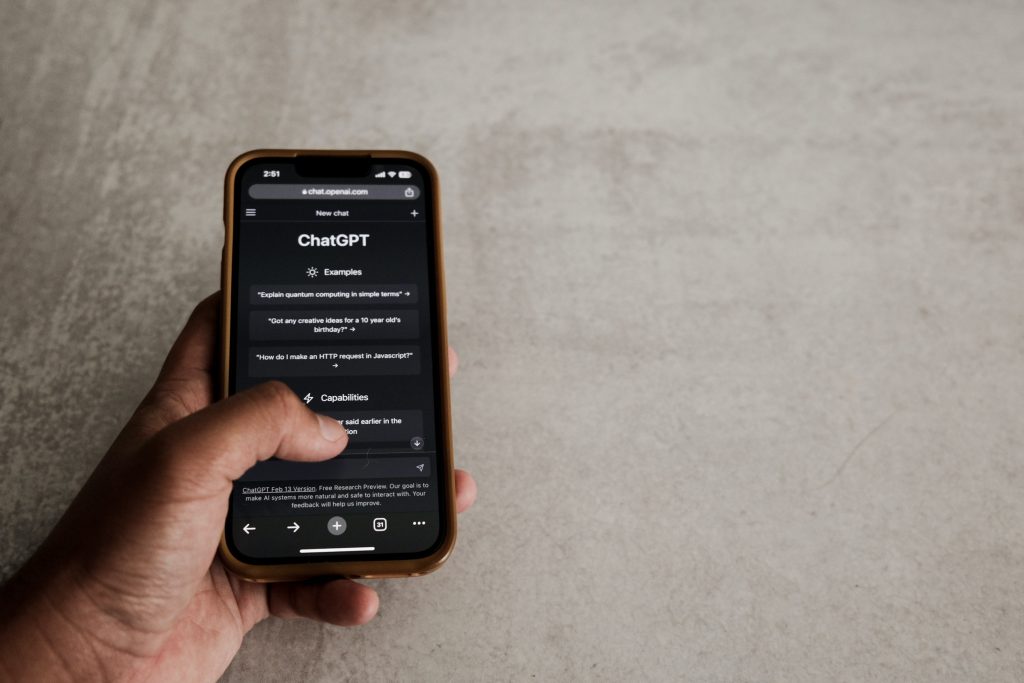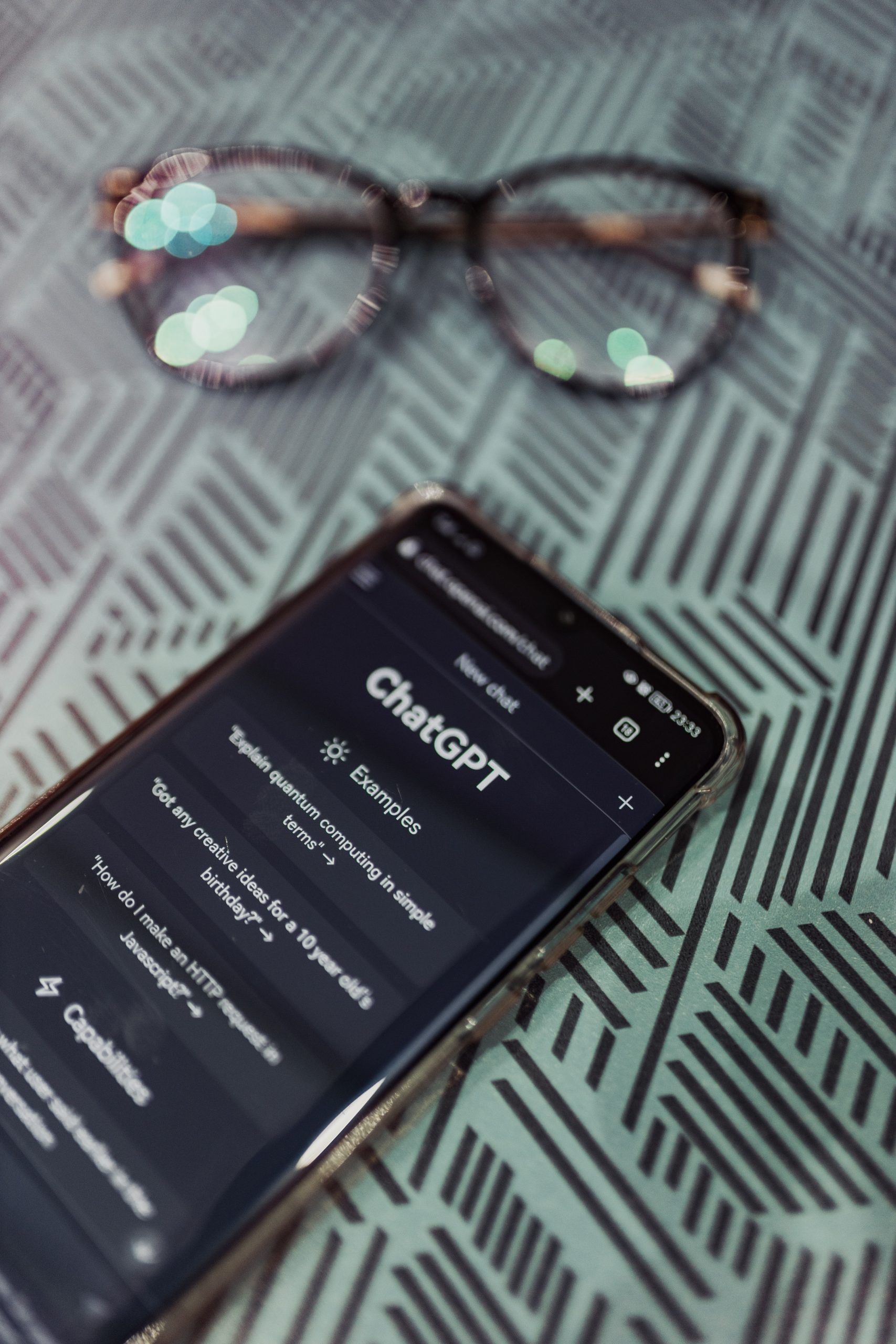The rise of AI-powered applications has brought both convenience and challenges to the digital world. While apps like ChatGPT have garnered immense popularity for their capabilities, they’ve also become targets for malicious actors creating fake versions to deceive users. As an Apple App Store user, it’s crucial to know how to spot fake ChatGPT apps to ensure your safety and data privacy. In this article, we provide insights into recognizing genuine ChatGPT apps and avoiding fraudulent counterparts.
1. Verified Developer Identity
Before downloading any app, verify the developer’s identity. Genuine ChatGPT apps on the Apple App Store should be developed by OpenAI or an authorized partner. Be cautious if the developer’s name seems suspicious or unfamiliar.
2. Check App Reviews and Ratings
Authentic apps tend to have consistent and positive reviews and ratings from users. Prioritize apps with a substantial number of reviews and ratings. If you notice multiple negative reviews citing fake or misleading content, it’s a red flag.
3. App Description and Details
Examine the app’s description and details provided on the App Store. Look for clear and coherent descriptions that accurately reflect the purpose and features of the app. Be wary of apps with vague or overly promotional descriptions.
4. Official OpenAI References
Check if the app’s description or screenshots mention any official collaboration with OpenAI or reference to the official ChatGPT website. Genuine apps are likely to provide accurate information about their affiliation with OpenAI.
5. Release Date and Updates
Look for the app’s release date and update history. Fraudulent apps may have recently appeared on the App Store and lack a consistent update schedule. Authentic apps from reputable developers tend to have a longer track record.
6. App Icon and Graphics
Pay attention to the app icon, graphics, and branding. Legitimate ChatGPT apps are likely to use official logos, icons, and designs. Inconsistent or poorly designed graphics could indicate a fake app.
7. URL and Website Links
Be cautious of any URL or website links provided within the app description. Fake apps might lead to suspicious websites designed to capture personal information or spread malware. Only visit official websites associated with the app.
8. Permissions and Data Requests
Check the app’s permission requests during installation. If an app is asking for excessive permissions unrelated to its functionality, it could be a sign of a fake app attempting to gain unauthorized access to your device and data.
9. Compare to Official Sources
Visit the official ChatGPT website to verify the availability of the app on the Apple App Store. Cross-reference the information provided on the website with the details listed on the App Store page.
10. Be Cautious of Clones
Fake apps might attempt to mimic the appearance and features of legitimate apps. If you find multiple apps with similar names, icons, or descriptions, investigate further to ensure you’re downloading the genuine version.
As technology continues to advance, the importance of vigilant app usage cannot be overstated. Protecting yourself from fake ChatGPT apps on the Apple App Store requires a critical eye, attention to detail, and the ability to differentiate between genuine offerings and fraudulent imitations. By adhering to the tips outlined in this article and exercising caution before downloading any app, you can confidently enjoy the benefits of ChatGPT while safeguarding your personal data and device security.



